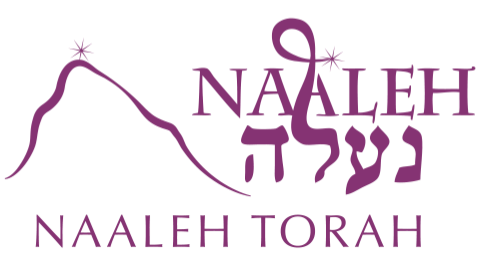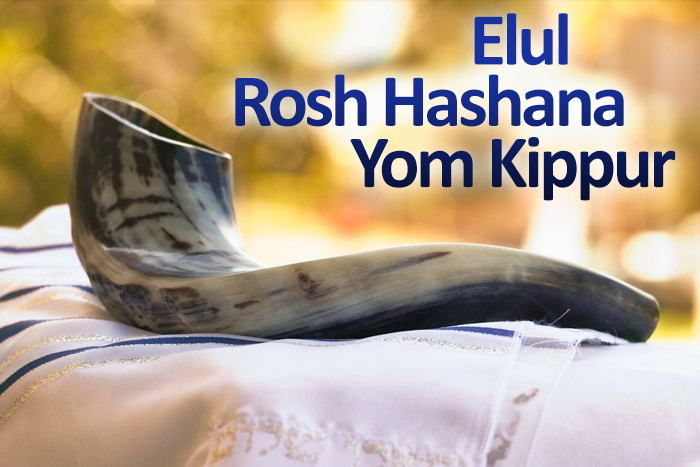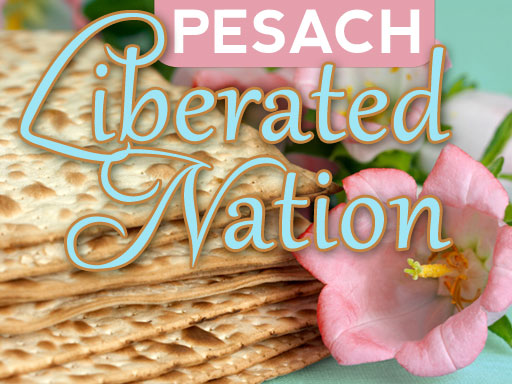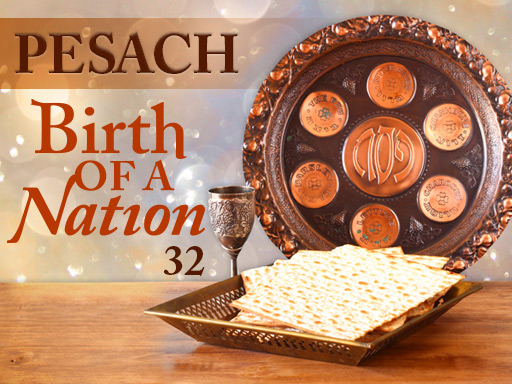Creation of Self
Posted onMrs. Shira Smiles discusses Parshat Bo. The commandment to sanctify every Jewish month is the first commandment the Jewish nation received following their redemption from Egypt. By exploring this directive, we will discover the crucial aspect of living in a state of constant rejuvenation.





